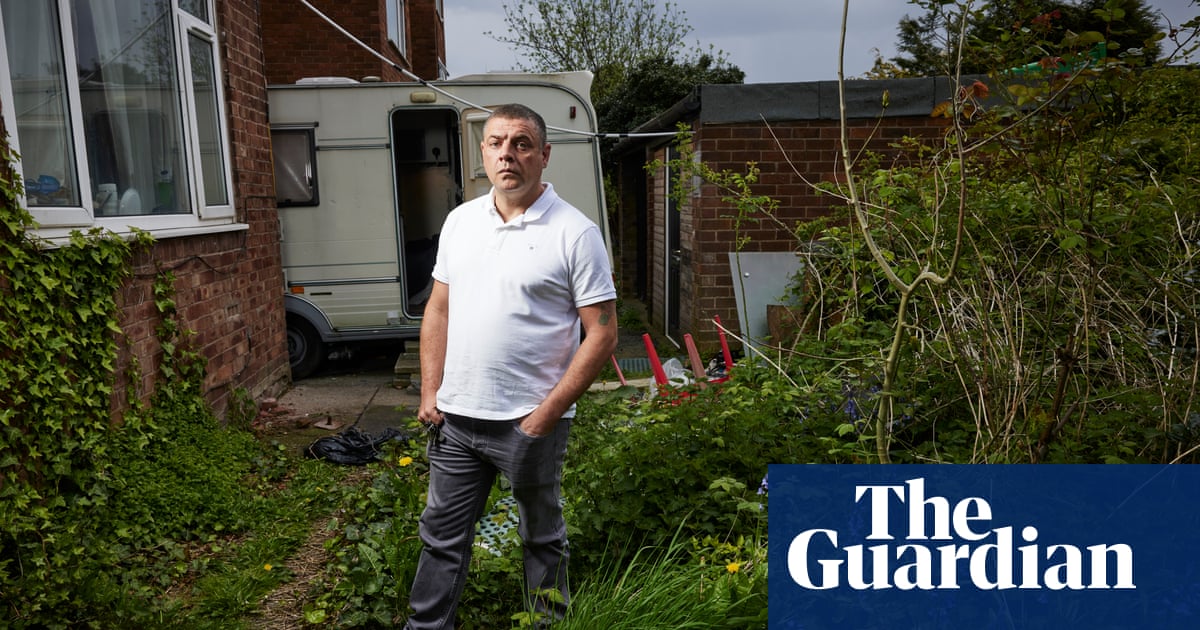
JEDDAH: The relationship between Saudi Arabia and India is rooted in decades of shared history. The Kingdom’s merchant families, especially those from Jeddah, played a key role in maintaining and strengthening the relationship long before India attained independence from British rule in 1947. One leading figure was Mohammed Ali Zainal Alireza, whose love for India, and more specifically Bombay (now Mumbai), was unparalleled.
He arrived in the city at the age of 11 and lived there until he died in 1969. He, along with his brothers, looked after his father’s businesses, mostly in shipping, before he started his own: He became a well-known diamond and pearl merchant. The who’s who of Bombay during this time, from former Prime Minister Morarji Desai to Bollywood legend Dilip Kumar, knew him personally. His is a fascinating tale of how one man single-handedly promoted the interests of Saudi Arabia in India during the republic’s formative years.
Arab News tracked down one of his three daughters, Amina, in Jeddah. She has vivid memories of the good old days at her father’s offices in the Sitaram Building in Crawford Market, including how her father arranged a grand party in honor of King Saud when he visited the city in 1955.
“My father came from a business family. His father, my grandfather, Zainal Alireza was a very prominent businessman in Jeddah. They had huge business interests in India. My grandmother was from the Zahid family, also famous business people. My grandmother’s name was Amina and, therefore, my father named me after her,” she told Arab News.
Amina said her father was a very generous man. “He was passionate about education. He was a philanthropist. He was not like many ordinary businessmen who only cared for profits and making money. He would distribute all that he had to the needy. He gave a great deal of prime real estate here in Jeddah and in Bombay to charity, keeping nothing for himself. That was the way he was,” she said.
She added that he was not happy with the fact there were no schools in Jeddah that taught Arabic when he was growing up, as Jeddah was then under Ottoman rule. “There was only one school — a Turkish one in which there were only Turkish teachers and Turkish students,” she said.
“Thus, when he was 19, he got the idea of opening a school, which he called Madrasat Al-Falah, in Jeddah’s historic Al-Balad district. It is still there today.”
She recalled that opening any non-Turkish school in Jeddah during the days of Ottoman rule was a risky business. “The school was conducted in secrecy. Parents were reluctant to send their children to his school so my father used to give the parents money and, in return, he would ask them to send their children to school. Sometimes he would go himself and bring the children to school,” said Amina.
She added that her father later opened many schools in Makkah, Dubai and Mumbai. “Everything in Madrasat Al-Falah in Bombay was for free — the education, food, etc. Everything was paid for by my father.”
Amina said her father wanted to go to the famous Al-Azhar University in Cairo for higher studies. “His father would not allow him to do so as he wanted him to be part of the business. He went to Al-Azhar but his father called him back. He then went to India but his father called him back from India as well with the promise that he would allow him to pursue his dream project of opening a school. He returned to Jeddah and worked on the school project,” she said.
Mohammed Ali’s wife, Amina’s mother, was British. Her name was Ruby Elsie Jackson and her Muslim name was Aisha. So how did they meet?
“My father was a well-established businessman and people respected him. In London, he had a secretary who had a sister and she told my father about her sister. They met and my father liked her and so they married in London. This was when the Second World War was going on. I was born around that time in Paris. We had to leave London because of the war. I was only 10 months old when we returned to Bombay,” said Amina, who is now a proud mother to three sons and a daughter.
Her two sisters were born in India, but then came the partition of the country. “Bombay used to have many Arab merchant families. During the events of 1947, they all left and came back to Saudi Arabia. My father loved India and Indians and that is why he refused to leave,” she said.
Among the top Indian politicians that Mohammed Ali counted among his friends were Jawaharlal Nehru, Lal Bahadur Shastri, Morarji Desai and Y.B. Chavan. “They all respected my father and he loved them. He respected people from every religion,” she said.
“Whoever from the Gulf visited India, my father took care of their accommodation, food and all other expenses. Sheikh Sultan of Sharjah was a guest of my father in Bombay. Yusuf Al-Fawzan, the ambassador of Saudi Arabia in those days, visited my father regularly.”
Amina said that every Wednesday at her father’s palatial office, people from all walks of life would assemble and share their work and stories. “It was quite an event in Bombay in those days. The guests were served sweets and almond tea.”
Perhaps the most interesting anecdote that Amina recalled about her father was the personal visit paid to him by Bollywood actor Kumar. “Dilip Kumar came personally to my father’s place to deliver the invitation card to his marriage to Bollywood actress Saira Bano. Those were the days,” she said.
Before his death in 1969, Mohammed Ali made a wish that he should be buried wherever he breathed his last. “Since he died in Bombay, he was laid to rest in a cemetery in Chandanwadi,” Amina said.









